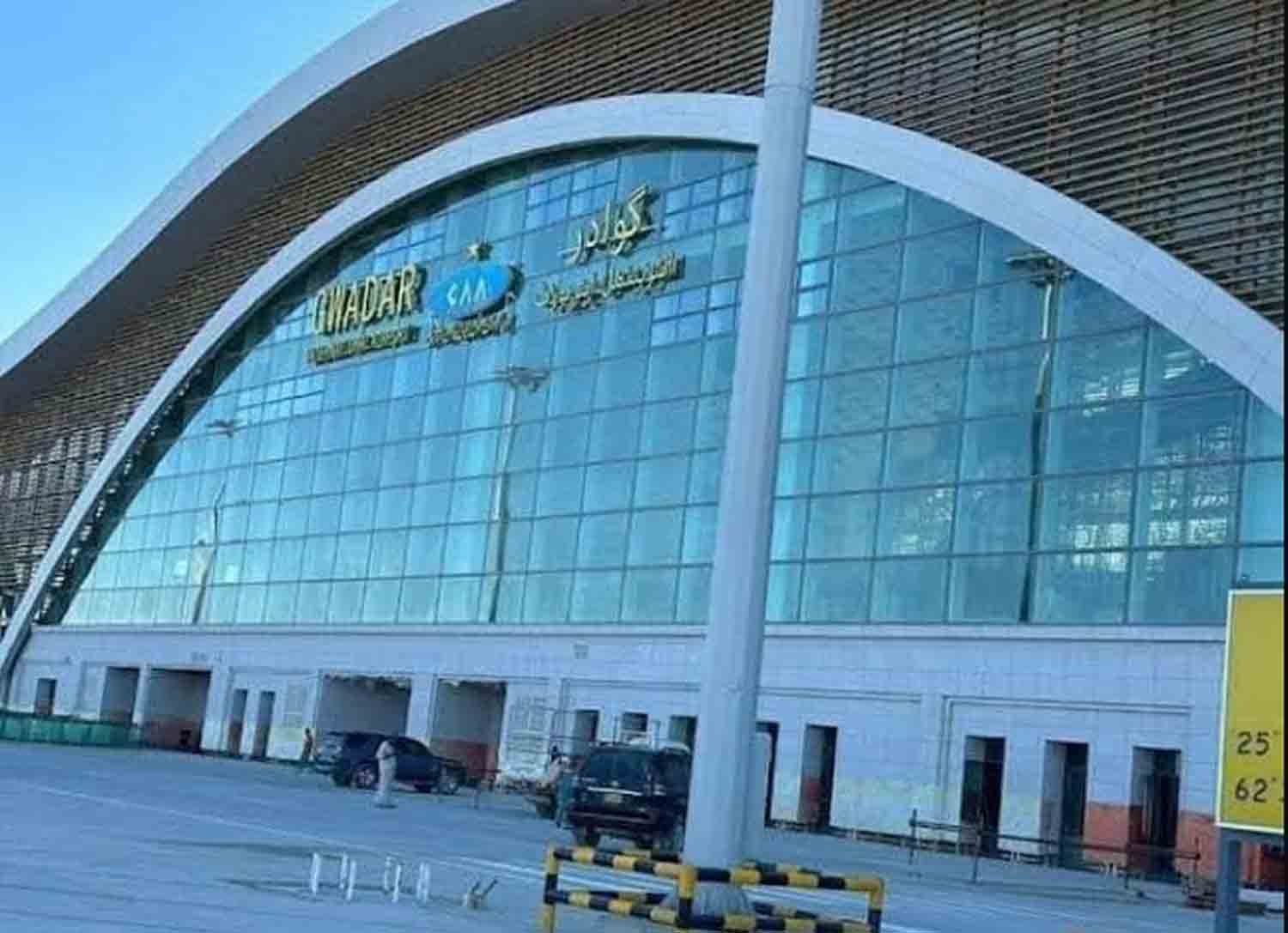Rubio’s trip follows his recent diplomatic efforts to mediate tensions between Pakistan and India. His phone calls with Pakistani Prime Minister Shehbaz Sharif and Army Chief General Asim Munir, as well as Indian officials, helped secure a fragile ceasefire on May 10, 2025. The visit is poised to build on these efforts, reinforcing U.S. support for dialogue to prevent further conflict in the volatile region.
A key focus of Rubio’s agenda is expected to be economic cooperation, particularly in Pakistan’s mineral-rich Balochistan region. In his Independence Day message to Pakistan on August 14, 2025, Rubio highlighted the potential for collaboration in critical minerals and hydrocarbons, signaling U.S. interest in diversifying supply chains for defense and technology sectors. This comes as Pakistan’s economy shows signs of recovery, with Moody’s upgrading its credit rating, making it an attractive partner for investment. However, any discussions on Balochistan could face scrutiny from local activists concerned about resource exploitation.
Counterterrorism will also be high on the agenda. Rubio has consistently urged Pakistan to take concrete steps to end support for terrorist groups, a point he reiterated in calls with Sharif and Munir. The U.S. designation of The Resistance Front (TRF) as a Foreign Terrorist Organization in July 2025, despite Pakistan’s defense of the group, adds complexity to these talks.
The visit also carries strategic weight in the context of U.S.-China rivalry. With Pakistan’s close ties to China through the China-Pakistan Economic Corridor (CPEC), Rubio’s engagement could aim to counterbalance Beijing’s influence by offering trade incentives, such as the recently announced low tariff rates for Pakistani goods. This aligns with the Trump administration’s broader goal of securing access to rare earths and minerals critical to U.S. industries.
However, the visit is not without challenges. India’s firm stance against third-party mediation in its disputes with Pakistan, coupled with its rejection of U.S. claims about facilitating the May ceasefire, could strain U.S.-India relations.
Rubio’s trip, if confirmed, would mark a significant moment in U.S.-Pakistan relations, reflecting Washington’s delicate balancing act in South Asia. By prioritizing dialogue, economic cooperation, and counterterrorism, the visit could pave the way for a more stable and prosperous region, while navigating the complex dynamics of India-Pakistan rivalry and local sensitivities.
As the world watches, Rubio’s diplomatic outreach will test the U.S.’s ability to foster peace and partnerships in one of the globe’s most volatile regions.
Discover more from Defence Talks | Defense News Hub, Military Updates, Security Insights
Subscribe to get the latest posts sent to your email.





